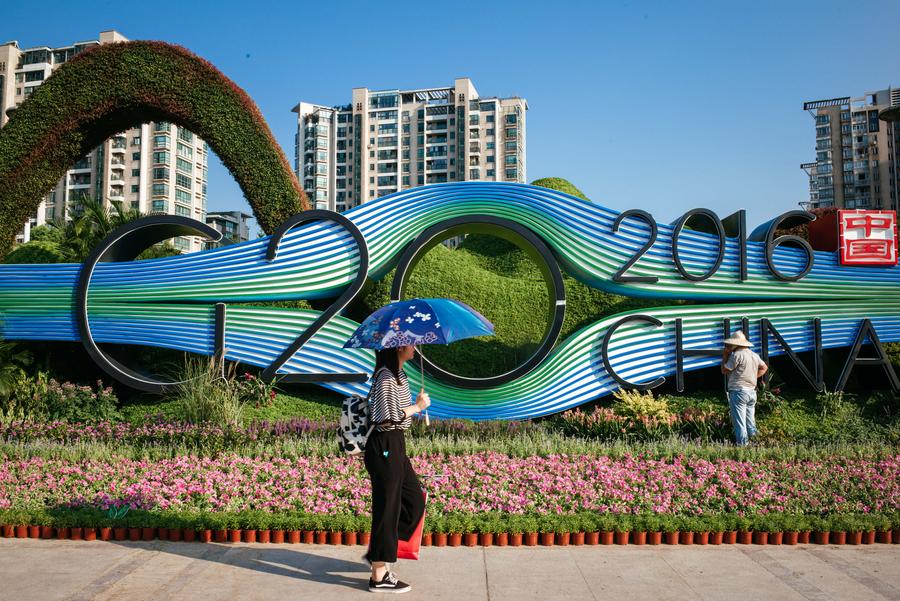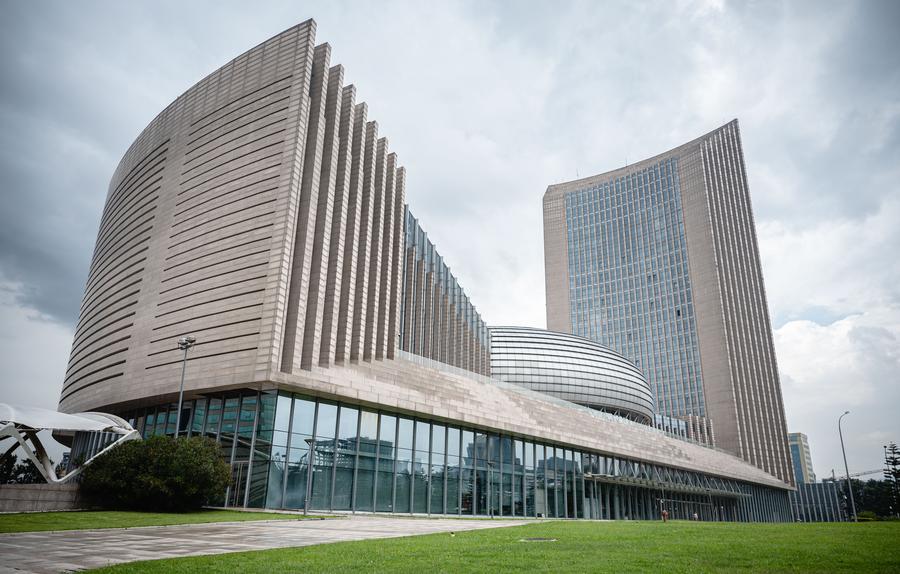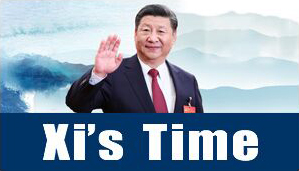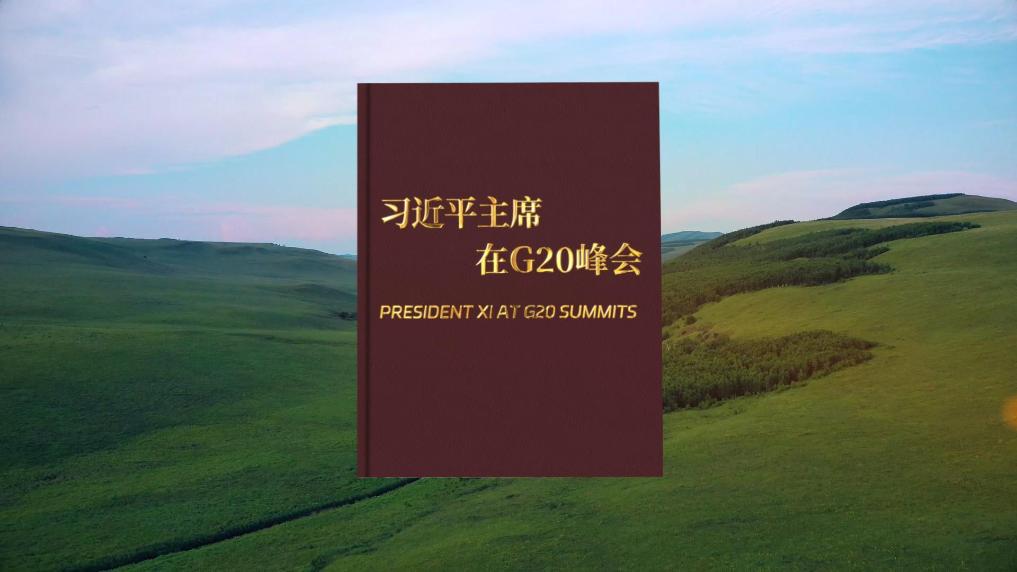
BEIJING, Nov. 17 (Xinhua) -- As important as the G20's initial mandate as a firefighter to deal with global economic crises is, Chinese President Xi Jinping envisions a bigger role for it.
The Chinese leader has consistently advocated the cause of common development, vowing China is committed to building "a garden shared by all countries." "The G20 works for the interest of not just its 20 members, but the whole world," he once said.
Particularly, as a steadfast champion of equal rights to development, especially for developing countries, Xi maintains that development is real only when all countries develop together, and frontrunners should sincerely help others develop.
In September 2016, Xi chaired the G20 summit in east China's Hangzhou, capital of Zhejiang Province. During that meeting, China invited more developing countries than any prior G20 gathering, and marked a shift in the G20's focus from short-term crisis response to long-term governance.
Three seminal precedents were set at that landmark summit. For the first time, development featured prominently in the global macro-policy framework, an action plan was adopted on the 2030 Agenda for Sustainable Development, and the G20 as a group lent support to the industrialization in Africa and the least developed countries. Xi, in his keynote speech, described those three "firsts" as "moves of pioneering significance."

To help other developing countries meet their development aspirations, Xi has also been working to increase their representation in the global economic governance system. Despite the remarkable rise of the Global South over recent years, developing countries remain underrepresented in global governance.
"The global governance system dominated by the West has become prominently unjust and unfair, hindering global security and sustainable development," said Xu Feibiao, director of the Center for BRICS and G20 Studies at China Institutes of Contemporary International Relations.
At the 2022 G20 summit in Bali, Indonesia, China took the lead in supporting the African Union (AU) joining the G20. In their meeting on the sidelines of the summit, then Senegalese President Macky Sall, who was also the AU chairperson that year, thanked Xi for being the first to publicly support the AU's G20 membership. A year later, the bloc became the second regional organization -- following the European Union -- to join the G20 as a permanent member.
Xi's contribution to the G20 is part of a long-term vision of "a fairer, more united, more effective and more sustainable world order," Pierre Defraigne, executive director of the Madariaga-College of Europe Foundation, once commented.■





